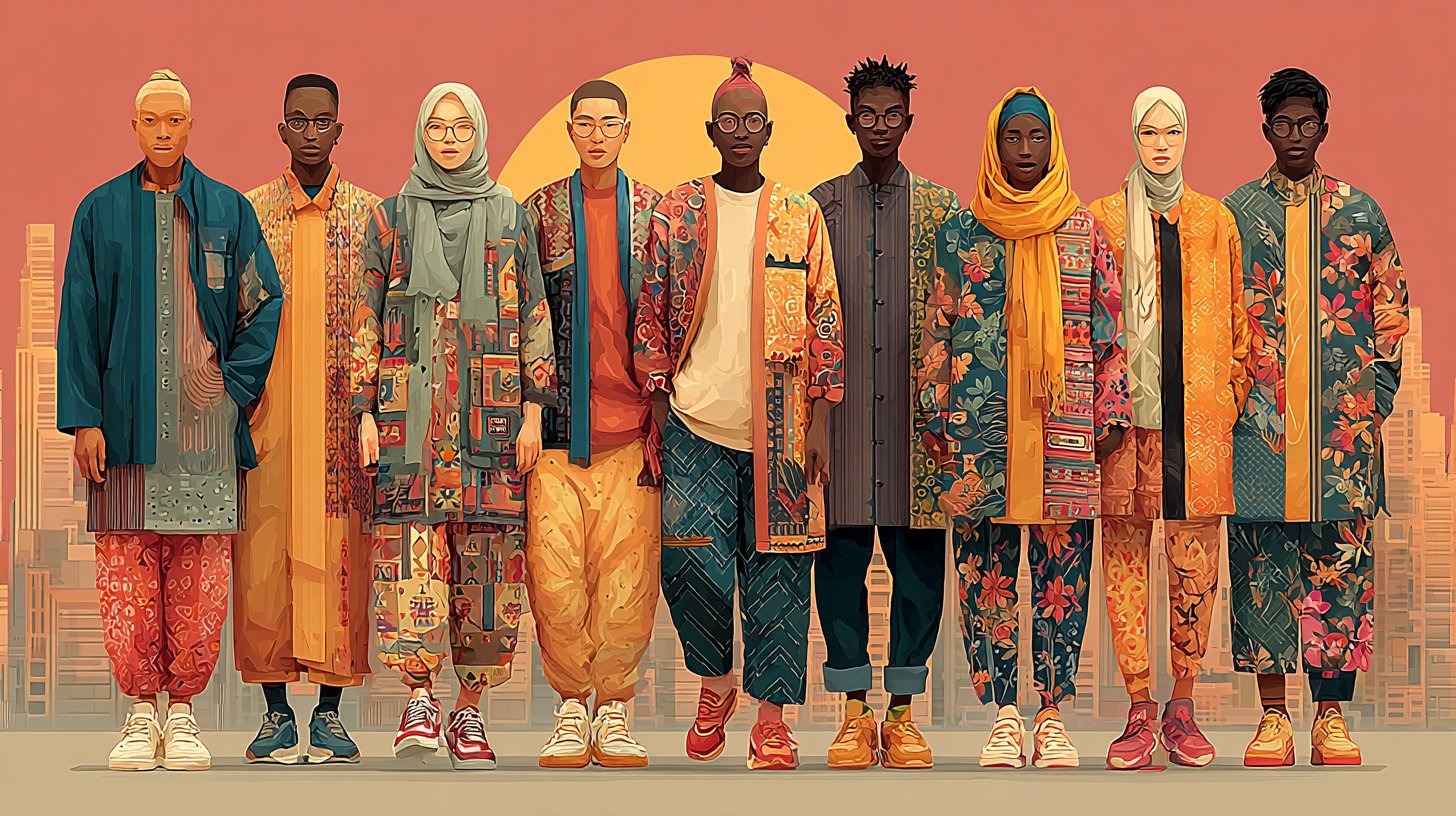How Trends Influence Our Buying Behavior

Trends, buying behavior, and consumers - these are the three key terms that shape today's shopping behavior. In a constantly changing world, we are often tempted to chase the latest trend, whether in fashion, technology, or lifestyle products. But how do these trends actually influence our purchasing decisions and what should you consider as a buyer?
It is no secret that trends play a significant role in our purchasing decisions. When a product or style is promoted on social media or by celebrities, many tend to see it as a must-have. This can lead to impulsive purchases, often driven more by FOMO (Fear of Missing Out) than by actual necessity. But how can you ensure that you are not just following the trend, but making conscious purchases?
The Influence of Social Media
Social media is one of the strongest driving forces behind many trends today. Influencers and brands use platforms like Instagram and TikTok to promote their products. This puts potential buyers under pressure, as they feel the need to keep up to avoid falling out of the trend. As a consumer, you should be aware that not everything that goes viral necessarily reflects quality. It is important to conduct your own research and not buy blindly just because something is currently popular.

Additionally, it is helpful to think about the motivations of the influencers. Often, they are involved in sales and receive a portion of the profits. Therefore, the pressure to recommend may not necessarily stem from a genuine interest in the product, but rather from financial incentives. You should always ask yourself: do I really need this product or was I simply influenced by trendy advertising?
Psychology Behind Buying Behavior
Another significant factor is the psychology of buying behavior. Trends can create a feeling of wanting to belong, and purchasing behavior is often unconsciously influenced by emotional factors. Many people buy products not just for their functionality, but also to demonstrate a certain lifestyle or to feel part of a group. This group dynamic can lead people to buy products that they don’t actually want or need.

Therefore, it is important to question your emotional motivations before making a purchasing decision. Ask yourself whether you truly have a need for a new piece of clothing or if you just feel that it is 'in' this season. By clearly identifying your own needs, you can make your purchasing decisions more consciously and ultimately live more fulfilling experiences.
Sustainability in Trend
In recent years, a new trend has emerged: sustainability. More and more buyers are interested in ethically produced and environmentally friendly products. Awareness of the social and ecological impacts of purchasing decisions has increased. Although sustainable products are often more expensive, many are willing to spend more because they can identify with their purchases and want to have a clear conscience.

It is worthwhile to ask about the real values of products when prices are high. Can you justify the purchasing decision because the product is durable or locally produced? Do you have information about how the production process looks? Such considerations not only help avoid impulsive purchases but also contribute to becoming a more responsible buyer who is conscious of their choices.
In summary, while trends do influence our buying behavior, they are not the only factors we should consider. It would be wise to think critically about the impact of social media, question the psychology behind our purchasing decisions, and also incorporate aspects of sustainability into our considerations. Ultimately, shopping should be an expression of your personality and values, not just a reflection of what is currently 'in'.
Remember: you are not alone in your buying behavior, and it is important to always be aware of which trends you want to engage with. Do not let external influences guide you, but rather find your own path and your own values when shopping. This will not only be enjoyable for you but also lead to a better feeling and a more sustainable way of life.


